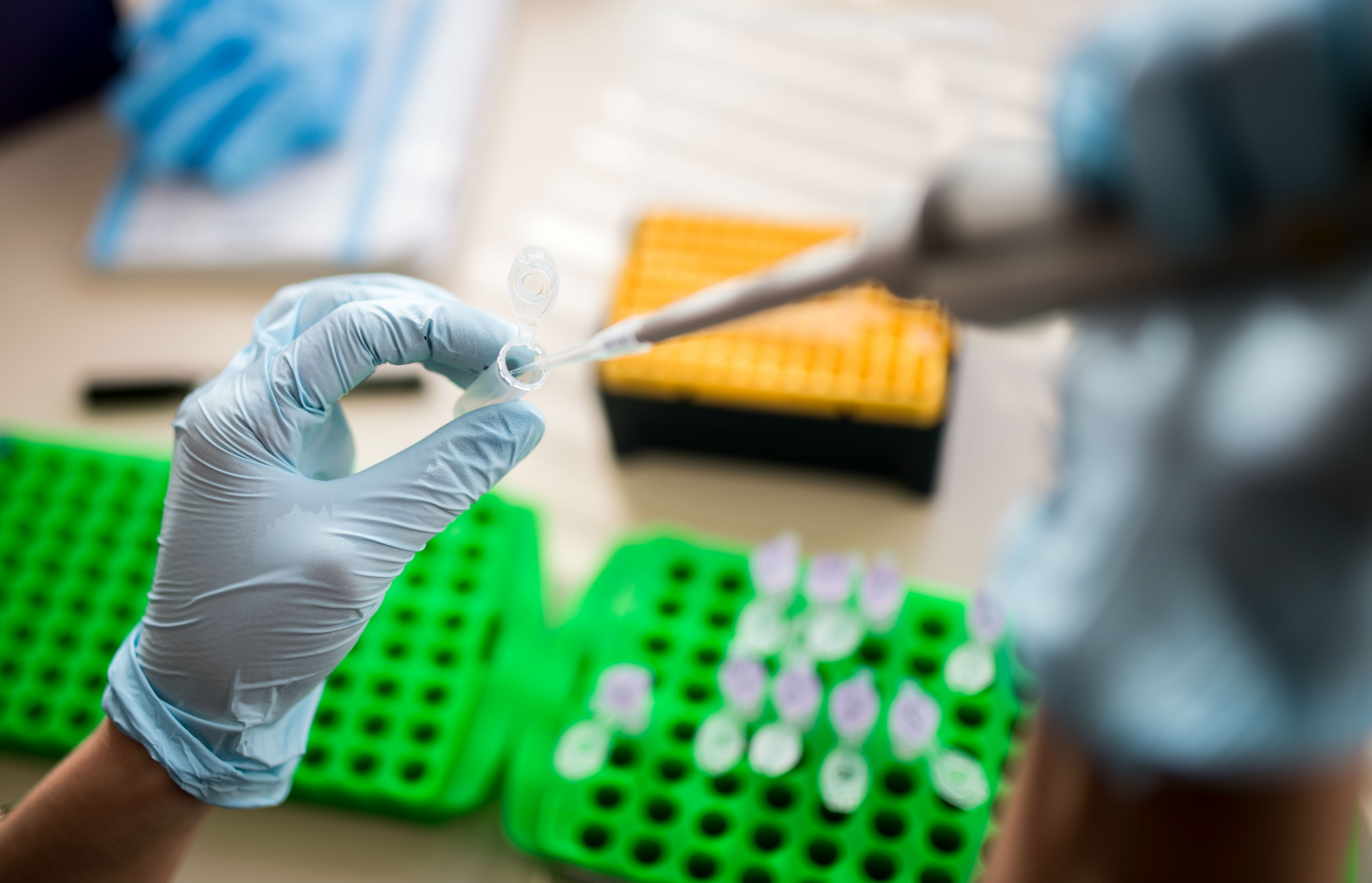Rapid advances made in biological research in recent decades are raising questions about what they mean for our wider understanding of life itself and how to define the debate as it evolves.
About 100 scientists, theologians and philosophers grappled with these issues at a conference last week at the Ian Ramsey Centre for Science and Religion at Oxford University. The goal was not to reach agreement — if that is attainable, it is far off — but to air their diverse views on the topic.
There was no consensus on whether a “new biology”, a trend some participants say is leading the life sciences away from a strict Darwinian approach towards a holistic view more compatible with Christian thinking, was actually something new or just the latest phase of science as usual.
What all did agree on is that the growing understanding of genetics — including how genes are turned on or off and how the now mapped genome can be edited to produce desired results — has meant important strides forward in the way science views how genes influence development.
”We realise how much we were missing in the original image without even realising we were missing it,” said Donovan Schaefer, an Oxford lecturer in science and religion and co-organiser of the conference.
This naturally has an effect, he said, on “the grander questions about biology, religion, the humanities and evolutionary theory generally”.
Modern science normally uses a reductionist approach that excludes questions about faith, values and meaning, often to the point of atheism. Proponents of a “new biology” say new research tools are showing that life is not as mechanistic as the general public understands it to be.
Epigenetics — the study of changes in genetic expression — shows that stress, lifestyle or the environment can also influence how our genes work. This approach widens the scientist’s focus to include these aspects in a more organic view of human life.
“This is philosophically important and welcome from a theological point of view,” said Fraser Watts, another conference organiser and visiting professor of psychology of religion at the University of Lincoln.
“For a Christian thinker, the living world seems increasingly to reflect the interdependence of Father, Son and Spirit,” said Watts, an Anglican priest. Nature “provides a helpful model of God’s hope for humanity (and) a greater recognition and enactment of our human interdependence would solve many recalcitrant problems.”
Several philosophers saw no need to over-theologise the latest scientific trends.
“I don’t see a New Biology,” said Michael Ruse of Florida State University, a staunch Darwinist. Recent progress was “incredibly exciting”, he said, but “part of the ongoing development of an existing paradigm”.
Massimo Pigliucci, a scientist-turned-philosopher at New York’s City College, saw no special role for religion. “It’s moral philosophy that should respond, and theologians are part of that group,” he said.
Alister McGrath, Ian Ramsey Centre director and another Anglican cleric, said religion contributed the “big picture” of moral insights into life that science could not provide.
But he said theologians “have learned to be much more modest than they used to be” and no longer debate if science proves or disproves God’s existence.
Instead, their contribution is to show that science, for all its power, is unable to answer questions of value and meaning. “I’m not saying wrong, I’m saying incomplete,” he stressed. “It’s a slightly different idea.”
PICTURE: A scientist analyses DNA



 Loading ...
Loading ...